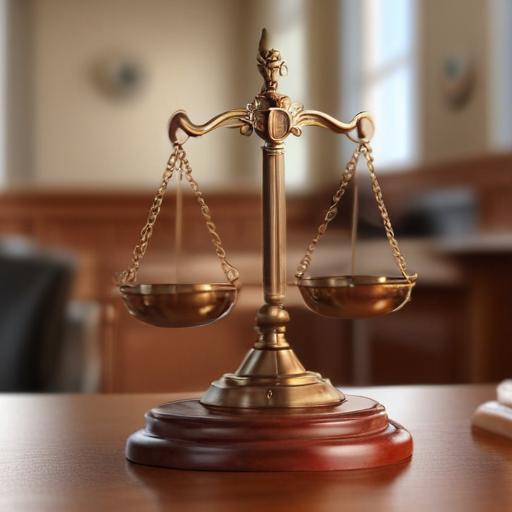Donald Trump has strongly defended Jair Bolsonaro, the former president of Brazil, referring to him as a victim of a “witch-hunt” related to the legal challenges he faces in his home country. On his social media platform Truth Social, Trump asserted that Bolsonaro is “not guilty of anything,” stating that Brazil is treating him unfairly for his advocacy on behalf of the people.
Bolsonaro is currently embroiled in multiple legal issues, including a trial for allegedly attempting to lead a coup after his defeat to Luiz Inácio Lula da Silva in the 2022 presidential election. Despite Trump’s support, Lula has expressed that Brazil is a sovereign nation and will not accept outside interference, denouncing Trump’s threats regarding tariffs on countries aligned with a perceived anti-American stance.
During a press conference at the Brics summit in Rio de Janeiro, Lula dismissed the need to engage with Trump’s comments, emphasizing the importance of focusing on Brazilian laws and governance rather than foreign opinions. He firmly stated that Brazil has an owner: the Brazilian people.
A range of allegations against Bolsonaro extends beyond the coup attempt; he also faces accusations of selling jewelry meant for the presidency and falsifying a Covid vaccination certificate. His legal difficulties have led to his disqualification from running for office until at least 2030 due to prior unfounded attacks on Brazil’s voting system.
In Trump’s continued defense of Bolsonaro, he argued that the only trial that should take place is one determined by Brazilian voters, calling for Bolsonaro to be left alone. Bolsonaro’s son, Eduardo, who has been actively lobbying for support in the U.S., praised Trump’s endorsement and hinted at more news to come. Meanwhile, many Brazilian legal experts predict a strong likelihood of conviction regarding the coup allegations.
This situation underscores the complexities of international political support and the interplay between domestic judicial processes and foreign opinions. It remains to be seen how the Brazilian legal system will address Bolsonaro’s cases, especially given the significant political ramifications they hold for the future of Brazilian democracy.
